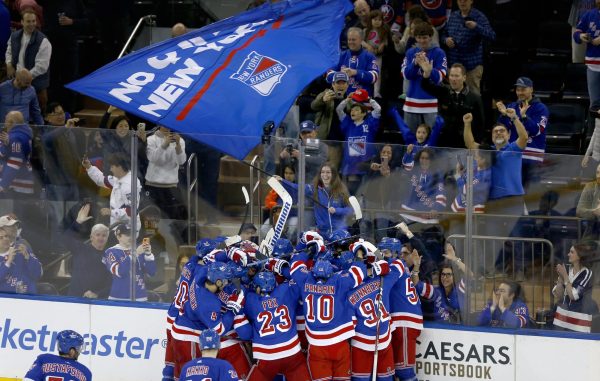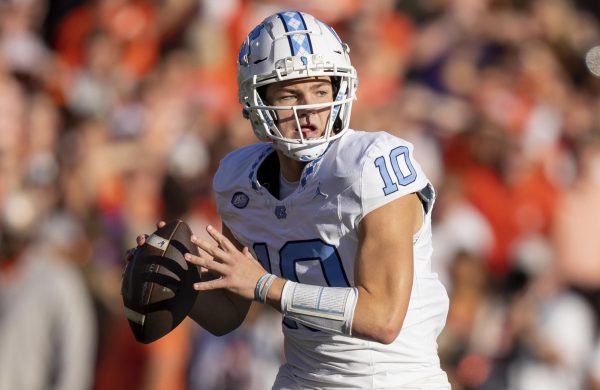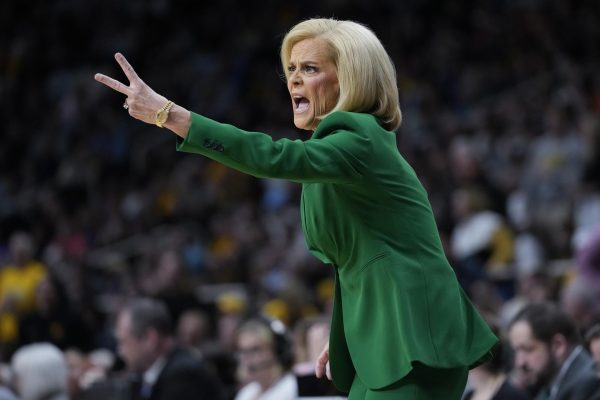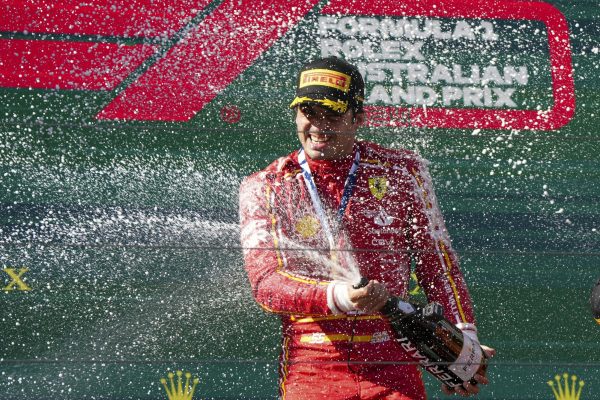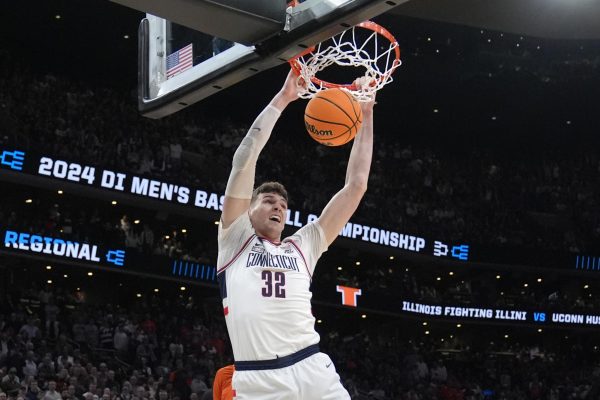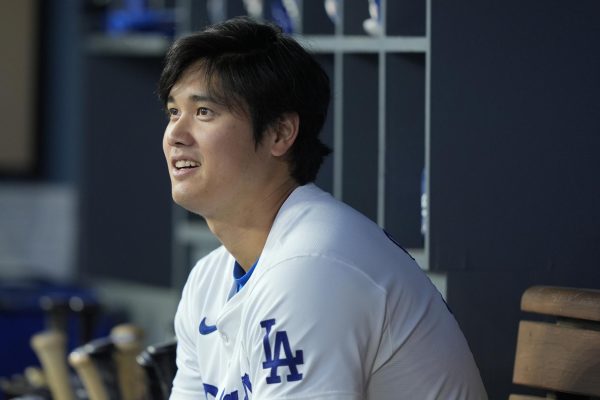Appreciating the Madness of March
The NCAA tournament offers the 68 best college basketball teams in the country the opportunity to compete in a tournament that provides its winner the title of National Champion. The team that finishes on top of the college basketball world will have won at least 6 games against the stiffest of competition, offering a climactic and appropriate conclusion to the season. College football clearly commands a larger fan base than college basketball, but the former does not offer a resolution to the season that can compare with the NCAA tournament. Rather than utilizing a tournament with all of the top teams in the nation, according to the BCS system, college football utilizes computer projected analysis and polls as a substitute. This determines the bowl games that act as the playoffs for the premier teams, in addition to the National Championship game that features the two top teams in the country according to the polls and aforementioned computer selection method.
What the college football system lacks is the exact feature that the NCAA basketball tournament prides itself on the open field and opportunity that the top teams have to prove themselves during the tournament. In college football, teams like Boise State in the 2009 season and Auburn in the 2004 season have gone undefeated, but due to the BCS selection system they never even had the opportunity to compete for a national championship, despite defeating every opponent they faced. This is an obstacle that does not surface in college basketball where the top 68 teams in the country play until they are defeated.
This year, I chose not to fill out any brackets so that I could see the effect that it would have on my interest in the tournament. In addition, this gave me the ability to look more intently and critically at the pervading factors that interest other people in March Madness. Three dominating factors stood out to me when gauging the immense interest that persists in regard to the NCAA tournament. Betting and filling out a bracket, the underdog story and the passion, heart and emotion that athletes exude were the overwhelming aspects of the tournament that allow it to be germane for non-college basketball fans similar to the way that it is significant to the consistent fans who religiously follow the sport.
The difference between the bracket of an absolute amateur who knows nothing about college basketball and the experts on Sportscenter who analyze every game of the tournament is miniscule. For the second straight year, a number one seed was upset before the Sweet 16, which is unusual even for the NCAA tournament. Northern Iowa defeating Kansas last year and Butler defeating Pittsburgh in this year’s round of 32 are indicative of the parity that dominates the NCAA tournament. This year, four double-digit seeds are still alive in the Sweet 16 and one of them, Virginia Commonwealth University, was criticized by analysts everywhere for even getting a bid to the tournament. Yet, they look poised to make a magical run. Butler’s presence in the championship game last year was a shock to college basketball fans nationwide as less than five percent of brackets had them reaching the title game.
The unpredictable and wacky nature of the NCAA tournament allows non-college basketball fans to fill out a bracket with as much confidence as a devout fan of the sport. The tournament is essentially a place where everyone gets to satisfy their gambling fix in a socially acceptable manner that endorses watching basketball with friends and simply hoping for blind luck. Theoretically, March Madness provides a very capable and more enjoyable form of the lottery that sports fans relish in. The betting aspect of the tournament in amalgamation with the luck that exists in filling out a bracket allows non-sports fans to traditionally fill out a bracket this time of year and, if at no other time than this, be interested in the sport that is dominating the consciousness of the nation.
The David and Goliath underdog aspect of the NCAA tournament is one of the most prevalent features of the tournament that explains why madness is attributed to March. There are shocking upsets that take place every year, and typically at least one team that is dramatically under the radar makes a deep run in the tournament that busts brackets everywhere. When a team with a storied history and renowned reputation like Duke, North Carolina or Kentucky is pitted against a mid-major or any team that does not have a track record of success in the tournament, it is usually the underdog that carries the fan support. Aside from a particular affiliation or interest in a team, in addition to neglecting a person’s own self interest in their bracket, it is safe to say more often than not that fans would root for the underdog, which is what I find myself doing when I put together a bracket this time of year.
The passion and raw emotion that is axiomatic in the tournament is something that is instantly appreciated when watching a college basketball game. The players that carry their teams like Jimmer Freddette of BYU, Derrick Williams of Arizona, Kemba Walker of Uconn and Kyrie Irving of Duke are examples of players that will their teams to victories and refuse to lose unless they have been legitimately surmounted by another team through an exceptional effort. March Madness brings out the best in the top players and it is a time when NBA stars like Dwayne Wade, formerly of Marquette, and Stephen Curry of Davidson bring their respective teams to the forefront of college basketball through admirable and commendable achievement in the NCAA tournament.
The diverse and unexpected outcomes that pervade the tournament every year, as well as the sympathizing underdog stories that fans can sincerely fathom, evoke interest from a wide-ranging and atypical fan base that is particular to the NCAA tournament, feeding into the phenomenon that we know now as March Madness. Whatever the reasoning, this is a crazy time of year.




